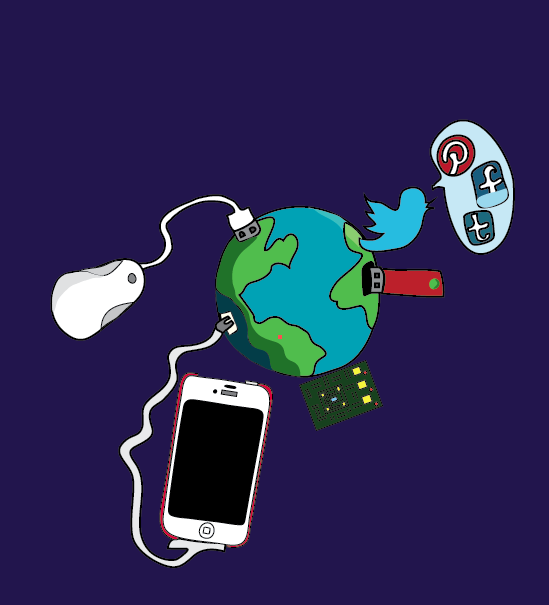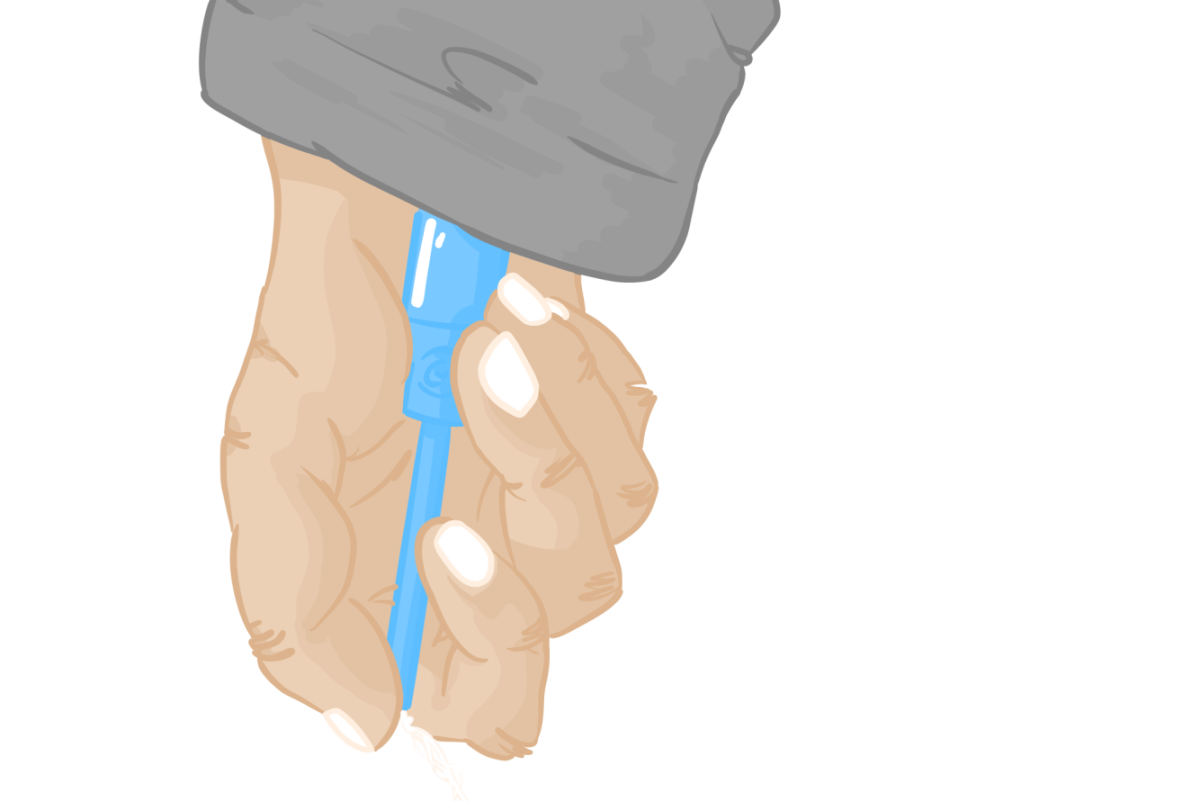Connection from across the world can be sought in less than a second. The thirst of being constantly updated can be satisfied with the simple press of a Twitter or Facebook app. Still, the meaning of media is lost within our fast-paced generation of teens.
Until the age of 13, the most contact I had with a newspaper was carrying it from our dangerously slanted driveway to the recycling bin. The sight of a news channel playing on the TV immediately made me cringe with thoughts of death and destruction. So, obviously I made sure to silently leave the vicinity and read Harry Potter.
But I don’t think my mind cared to realize those stereotypes about “boring” newspapers and gloomy news channels were far off the mark.
While tragedy is, sadly, around every door and dreary news lurk in every ally, it’s important to understand why those sources – including the Internet – exist and inform. Imagine for a scary millisecond our world without any connection to people farther than 20 minutes away. A world where The New York Times or Google are unavailable at the slightest touch.
Our world would most likely be a much harder place to live in. If it weren’t for all the media outlets how would we ever know if our loved ones in Iraq are safe? Or how could we possibly have changed outcomes in the Egyptian rebellion for freedom if it weren’t for the many uses Facebook has to offer?
But media is more than just knowing about all the events happening in our country and world. If we truly want to get the most of out the thousands of sources available, we must be literate. I don’t mean literate in the sense that you can read a newspaper – everyone can do that. Anyone can call themselves literate for reading a newspaper.
Media literacy is understanding the information, its purpose and being able to analyze and decide if the source is reliable. It’s so important to be literate because if we counted on every source to be reliable, we may as well call Wikipedia God.
The proper use of media in this world has changed social and political movements. If a man names his child after a social media outlet, Facebook, it shows just how powerful media can be. And when people know how to really utilize media to their advantage, it’s even more powerful than before.
The power of media literacy can connect one isolated corner of the world to a place thousands of miles away. Not only is the immediate connections an automatic benefit to understanding other cultures but with understanding those cultures through media sources we can become a more well-rounded world. Our society has come so far since being exposed to religions and people from everywhere. We are slowly starting to accept those people who are nothing like us and that would almost be impossible to accomplish without the power of understanding and analyzing the sources presented to us.
The power of media may have as many faults as it does positives. Yet media literacy is the aspect that truly makes people understand situations happening in places other than their own.










